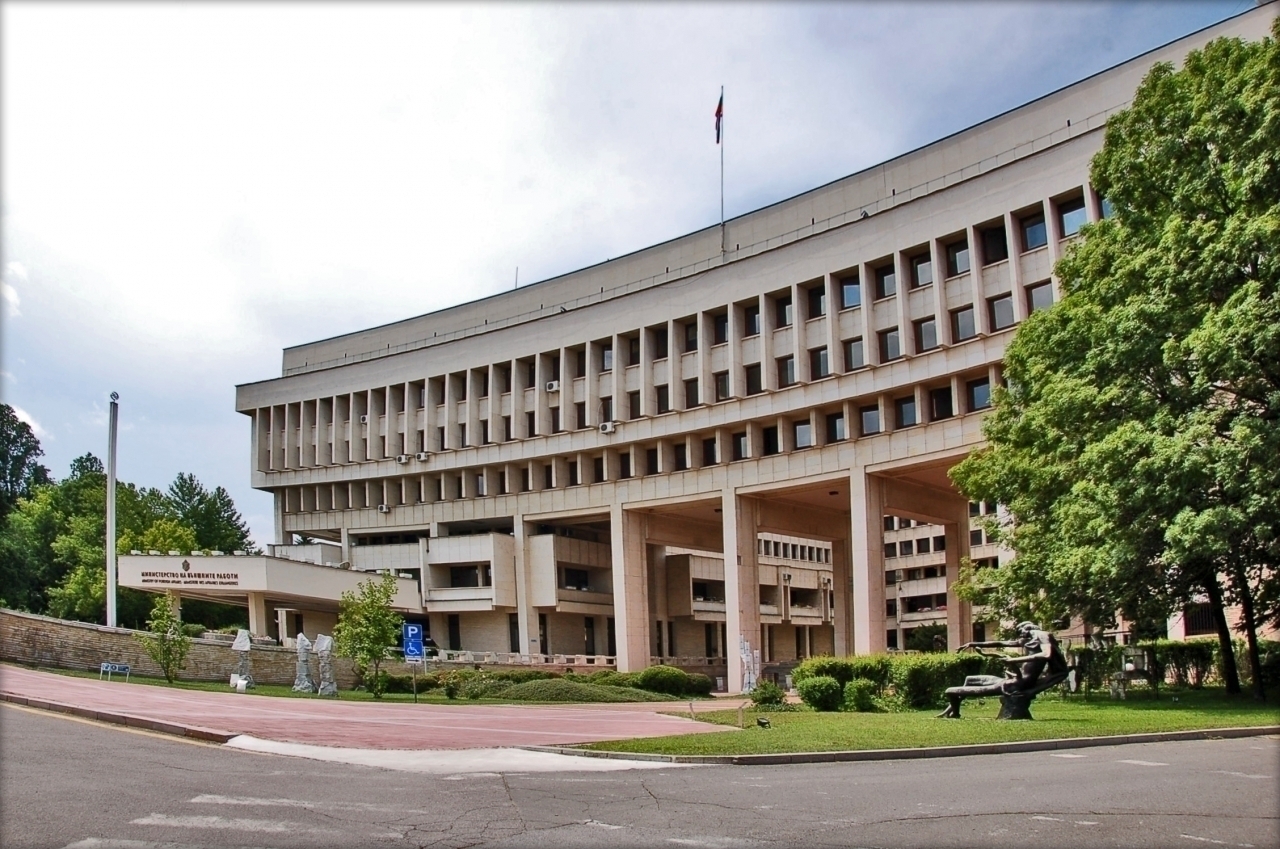MFA Press Release
20 August 2015 News
The Bulgarian Embassy in Belgrade has approached the Serbian Foreign Ministry seeking clarification with regard to an interview of Serbian Foreign Minister Ivica Dačić in Serbia's Danas newspaper. The Serbian side says that the matter concerns inaccuracies in the translation in Bulgarian media of the statement of Minister Dačić. According to the Serbian side, he has said that because of Hungary's wall, the refugees will be forced to find by themselves other ways to reach the desired goal and this would probably redirect the traffic to Croatia and Bulgaria.
The direct translation of what was said by Minister Dačić is the following:
"I do not believe that Serbia will decide at some point, like Hungary, to build a wall on the border with Macedonia in order to stop the inflow of refugees and migrants in our country," Ivica Dačić told Danas.
Asked what Serbia will do and what measures it will undertake if, because of the wall at the Hungarian border refugees and migrants trying to reach EU Member States via Serbia stay longer on its territory, Dačić says that longer stay will not be reached. "They will go via Croatia and Bulgaria," predicts the Serbian Foreign Minister.
He says that migrants know where they can go and where to cross in order to reach the desired final goal. As a consequence, this means that Serbia will not have to build camps for asylum seekers because their number is not expected to grow once the border with Hungary is closed.
Asked to explain what would happen if Croatia also decides to build a wall at the border with Serbia at some point, Dačić noted that in this case migrants are not expected to go back to Serbia but rather to bypass it on their way to EU Member States.
With this regard the Bulgarian Foreign Ministry would like to emphasize that the refugee pressure in our region creates risks for the stability of all countries. This requires stronger communication among the competent state institutions, along with joint efforts and cooperation upon their arrival. Politicians in the region referring in their statements to other neighboring countries need to be particularly careful in what they say and take into account the level of responsibility required by the crisis situation. The responsibility politicians have towards the public needs to be shared by the mass media as well, through their accuracy and professionalism.
